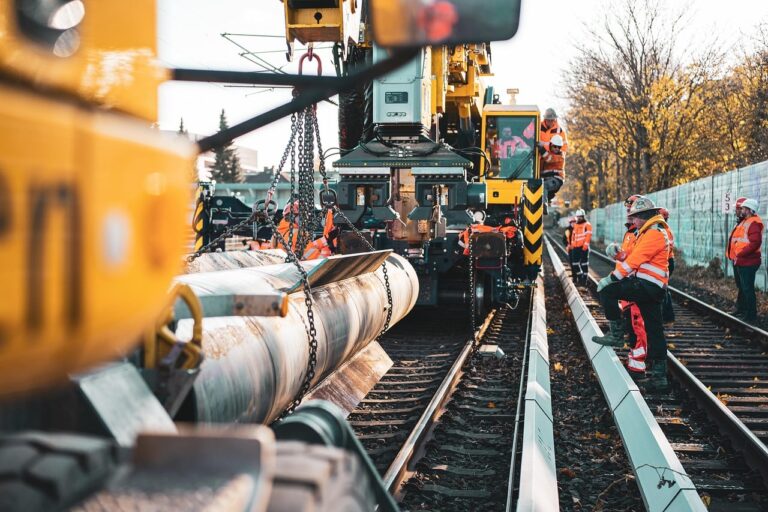Industrial noise and tinnitus
Understanding the link and how to protect your hearing Tinnitus is a condition that affects millions of people worldwide, and its impact can be profound. It is characterised by a ringing, buzzing, or other sound in the ear that is not caused by an external source. While there are many factors that can contribute to…
Understanding the link and how to protect your hearing
Tinnitus is a condition that affects millions of people worldwide, and its impact can be profound. It is characterised by a ringing, buzzing, or other sound in the ear that is not caused by an external source. While there are many factors that can contribute to tinnitus, exposure to industrial noise is one of the most common and preventable causes.
Exposure to loud noise in the workplace can damage the delicate hair cells in your inner ear, leading to tinnitus. The severity of tinnitus can vary depending on the duration and volume of the noise exposure. Temporary tinnitus may go away on its own, but prolonged exposure to loud noise can lead to permanent tinnitus.
Certain industries, including construction, manufacturing, transportation, mining, and agriculture, pose a higher risk for workers developing tinnitus due to excessive exposure to industrial noise. If you work in one of these industries – or any environment where you are regularly exposed to loud noise – it’s crucial that you take steps to protect your hearing and prevent tinnitus.
Tips for preventing tinnitus in industrial workers
To prevent tinnitus caused by industrial noise, it’s important to take measures to protect your hearing. The first step is to identify potential sources of noise in your workplace and assess the level of risk. If the noise level exceeds safe limits, you should wear ear protection such as earplugs or earmuffs to reduce the amount of noise reaching your ears.
Yet even before workers need to use ear protection against noise, engineered controls should first be put in place. Engineered controls work to reduce noise at the source, such as installing enclosures around noisy equipment or dividing off areas to protect workers from noise.
Taking regular breaks from noisy environments can also help reduce your risk of tinnitus. If possible, employees should be rotated in and out of noisy areas to give them a break from noise. You can reduce your overall exposure to loud noise in your daily life too, such as by using noise-cancelling headphones or earplugs when in loud environments like concerts or sporting events.
If you already have tinnitus caused by industrial noise, there are treatments available to help manage your symptoms. These may include sound therapy, cognitive behavioural therapy, and medication. However, as there is currently no cure for this condition, prevention is certainly the best approach to managing tinnitus.
Get expert advice on preventing tinnitus
Understanding the link between industrial noise and tinnitus is critical for protecting your hearing and preventing this potentially serious condition. By wearing ear protection, taking breaks from noisy environments, and reducing your overall exposure to loud noise, you can significantly reduce your risk of developing tinnitus.
If you already have tinnitus, seeking professional help can provide you with effective treatment options to manage your symptoms.
Take action today to protect your hearing and prevent tinnitus by contacting Flexshield on 1300 799 969 or get in touch online.
Related Stories
-

Flexshield’s big month in industrial noise control – on the road from QLD to WA!
Taking action for hearing health and sustainable water management It’s been a busy month for the Flexshield team, and we’ve covered vast distances from Queensland to New South Wales, Victoria, and Western Australia. It’s been… -

The science behind tailored industrial noise control solutions for your project
7 key considerations for addressing noise pollution for your project When you’re managing noise on a job site, it’s important to understand the science behind industrial noise control and how to apply it effectively. Whether… -

World Hearing Day 2025: protecting workers’ hearing with Flexshield
Why prioritising hearing protection is essential for your workforce Each year on March 3rd, the World Health Organisation (WHO) marks World Hearing Day, raising awareness about hearing loss and promoting actions to protect auditory health….